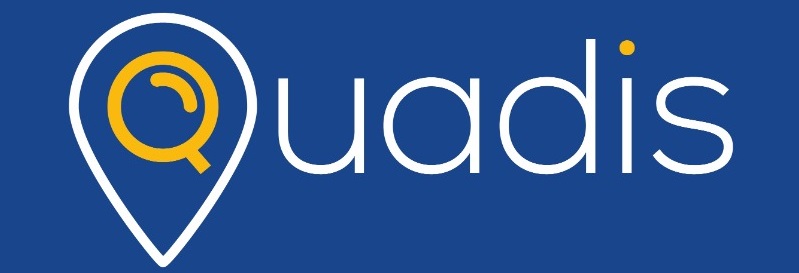EVERYTHING YOU NEED TO KNOW
Basic revenue management strategies comprise of market understanding and competitor awareness, segmentation and price optimization, pricing strategy, forecasting and yield management. Guest writer Benjamin Verot from HotelMinder shares his tips and strategies.
Revenue management can be defined as the strategic distribution and pricing tactics used to sell a property’s perishable inventory to the right guests at the right time, to boost overall revenue growth.
For a long time, Revenue Management was only considered to be a supplemental offering, or an additional business process, in the hospitality industry. However, times have changed and hoteliers have realized the importance of good revenue management strategies.
Nowadays revenue management is one of the core areas that impact sales and growth.
Pricing, strategy, operational management, and almost everything else takes into account revenue management to gain a competitive advantage, offer a better guest experience, and drive more revenue.
Definition of Revenue Management for Hotels
Revenue management can be defined as the strategic pricing and distribution of a property’s rooms, facilities, and amenities to the right audience at the right time.
In both short- and long-run, revenue management helps in boosting sales and revenue.
Revenue management measures what different customers from multiple segments are willing to pay. This can only be done by measuring and monitoring the supply and demand of the hotel rooms, eventually breaking it down into various factors.
History of Revenue Management in Hospitality
Revenue management was born in the aviation industry, and the concepts of inventory management and price optimization further spread to different segments of the hospitality business. Revenue management is also extensively used in other industries. The most vital change came from a tactical inventory management approach to evolve into a more strategic marketing approach.
In the past, hotels didn’t take into consideration the importance of acquiring new market segments to fill slow demand periods or try to apprehend if the prices that were being offered were ideal.
Based on the airline industry’s yield management, the hotel industry started to apply revenue management strategies in the late 1980s, as the products shared similar characteristics, such as perishability, fixed capacity and the need for segmentation based on customers’ levels of price sensitivity.
Why is Revenue Management Important in Hotels?
Revenue Management is critical for hotels as it’s a service, not just a product on the shelf. Demand varies by day of the week and by season, and there are many services that hoteliers can attach or package to a simple room night to capture the interest of many different types of customers. These may range from business travellers and solo tourists to couples and families.
Finding the best tailor-made solution for the specific property requires a dedicated Revenue Manager who will analyze the competitor set and the market to find the best opportunities for the hotel.
If the pricing is not right or well-thought of backed by data, a hotel could lose a lot of potential revenue.
Revenue Management versus Yield Management
While revenue management includes predicting consumer behaviour by various market segments, forecasting demand, and optimizing prices for several different types of products, yield management refers specifically to maximizing revenue through inventory control.
There are three essential conditions for yield management to be applicable:
- There should be a fixed number of products available
- Perishable product (there is a time limit to selling the resources, after which they cease to be of value) should be available
- Different customers should be willing to pay a different price for the same product
- There should be high fixed cost and low variable cost – every additional revenue will contribute to overall profit
- 30-Nov-2021
- Updates






